Find Help
More Items From Ergsy search
-
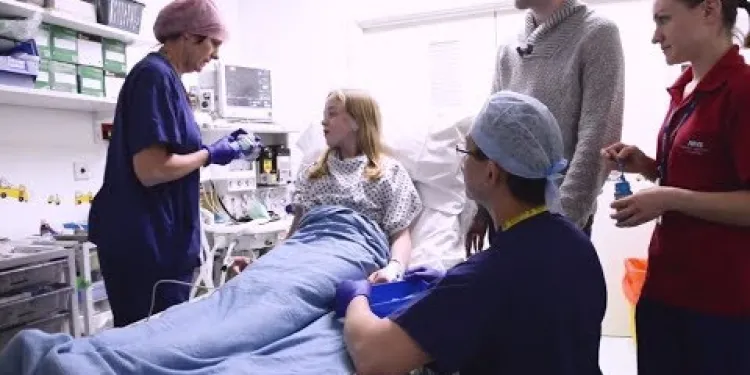
Having an operation in Oxford Children's Hospital with YiPpEe
Relevance: 100%
-
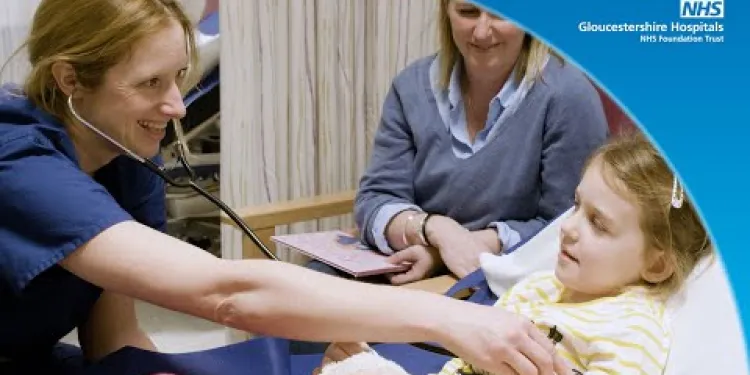
Having an operation at the Children’s Centre
Relevance: 80%
-
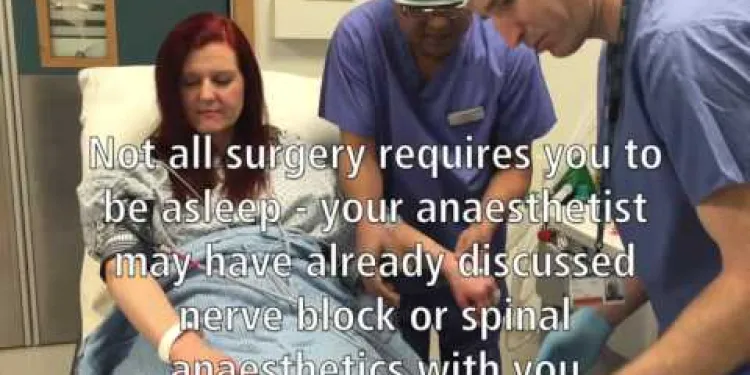
Your Operation at East Surrey Hospital
Relevance: 77%
-

Do private hospitals have shorter waiting times for operations?
Relevance: 71%
-

Are waiting times for operations the same across all hospitals?
Relevance: 70%
-
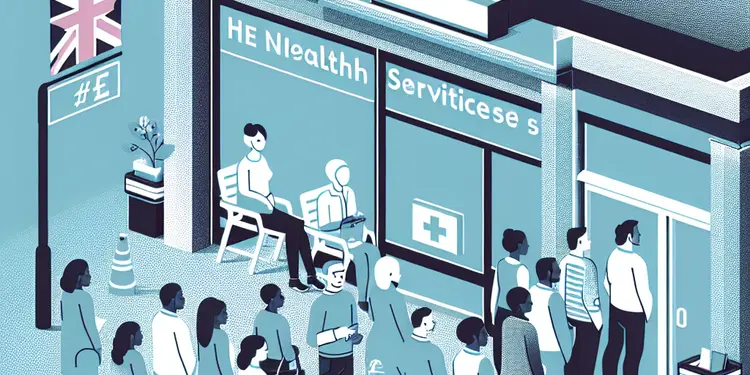
How can I find current waiting times for operations in my local hospital?
Relevance: 68%
-
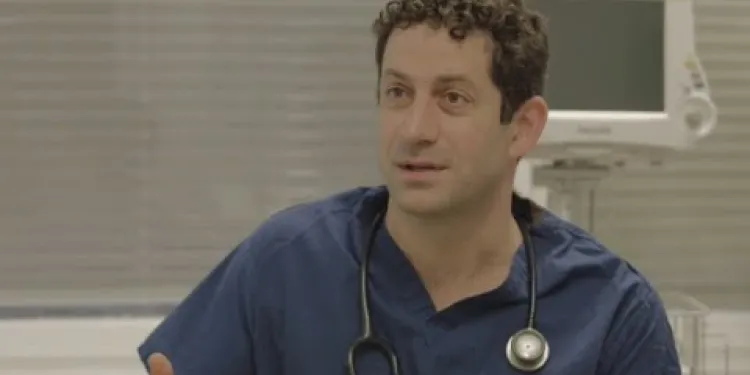
What to expect on the day of your operation
Relevance: 55%
-
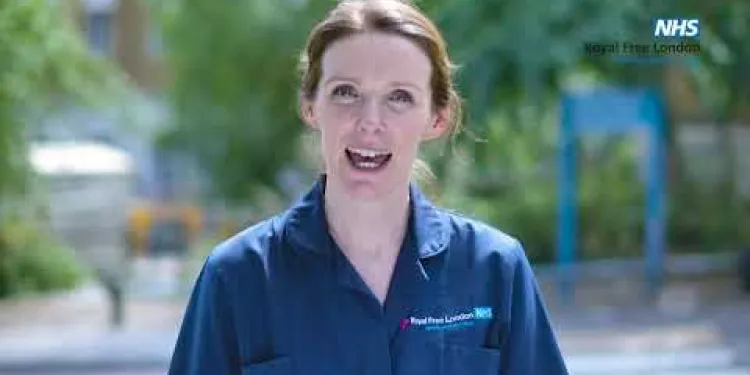
Having an operation or procedure at the Royal Free London
Relevance: 55%
-
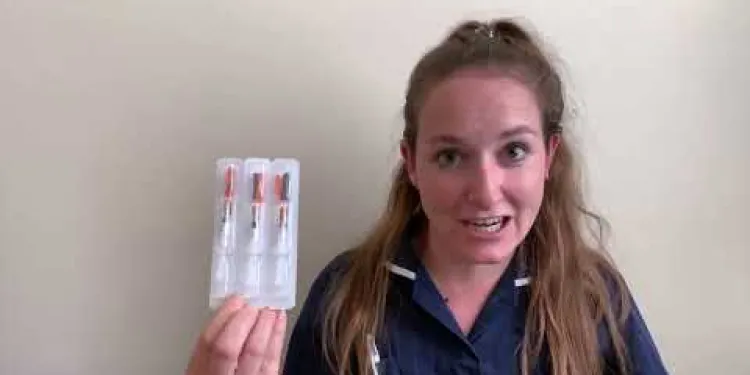
Bariatric Surgery - What to expect when you come to hospital for your operation.
Relevance: 53%
-

Does my doctor have access to operation waiting times?
Relevance: 53%
-

Are there specific resources for urgent operation waiting times?
Relevance: 51%
-

How can I find information on waiting times for an operation in my area?
Relevance: 48%
-
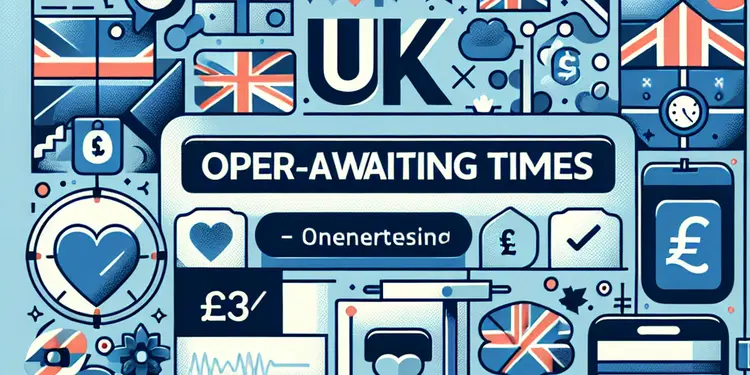
How often are operation waiting times updated?
Relevance: 48%
-
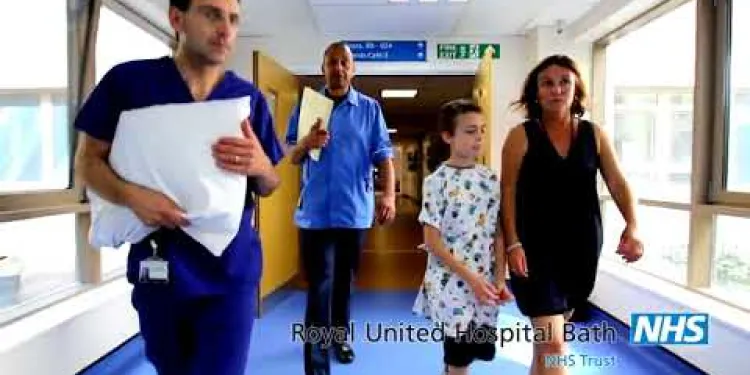
Having an anaesthetic for your operation - for over 8s
Relevance: 46%
-

Having an operation
Relevance: 46%
-

Can I get information on average waiting times for operations?
Relevance: 45%
-

Are there apps available to check operation waiting times?
Relevance: 44%
-

Can I appeal a long waiting time for my operation?
Relevance: 43%
-
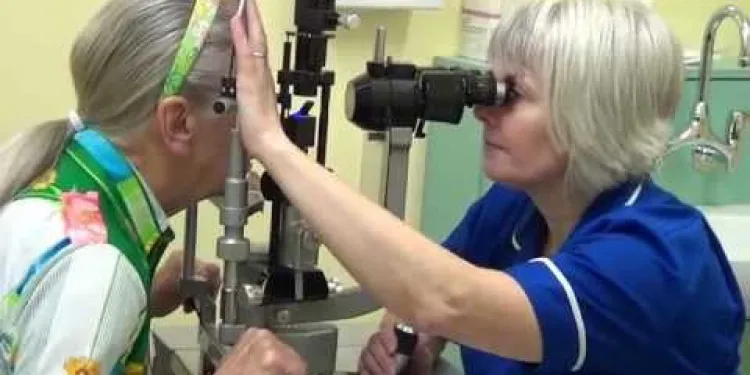
Your Cataract Operation
Relevance: 43%
-

Can I find operation waiting times in healthcare performance reports?
Relevance: 43%
-
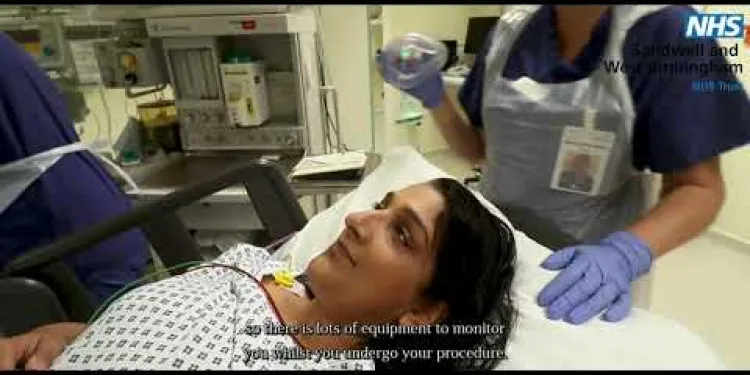
What to expect when visiting our hospitals for surgery | Theatres
Relevance: 42%
-
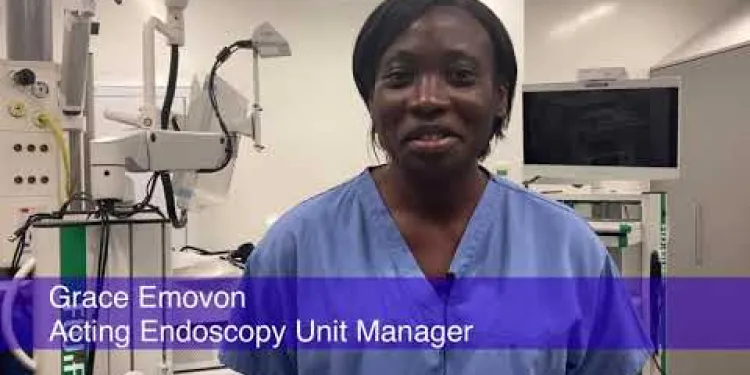
Coming to the Endoscopy Unit at Harrogate District Hospital
Relevance: 42%
-

How do I find a suitable hospital or clinic for my treatment?
Relevance: 41%
-

Will language barriers be an issue in EU hospitals?
Relevance: 41%
-
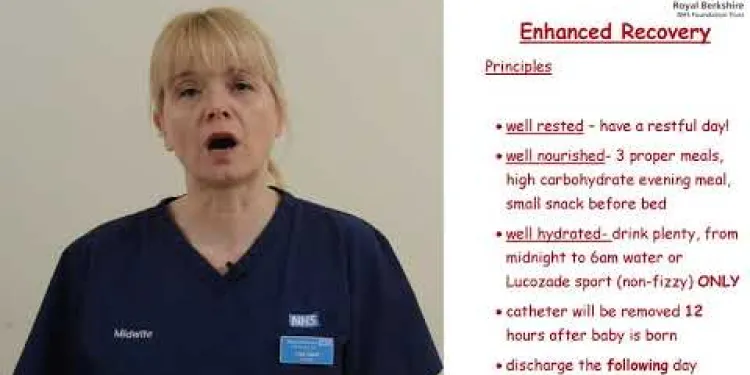
Pre operative Information for Planned Caesarean Birth
Relevance: 41%
-

Undergoing day case surgery at University Hospitals Bristol
Relevance: 40%
-
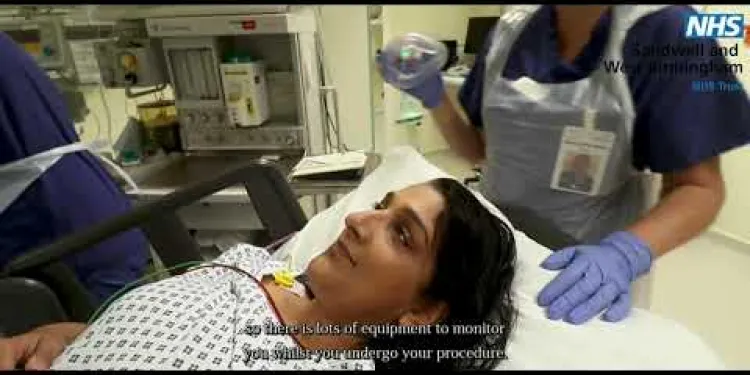
What to expect when visiting our hospitals for surgery | Theatres
Relevance: 39%
-

Can virtual wards reduce hospital overcrowding?
Relevance: 39%
-
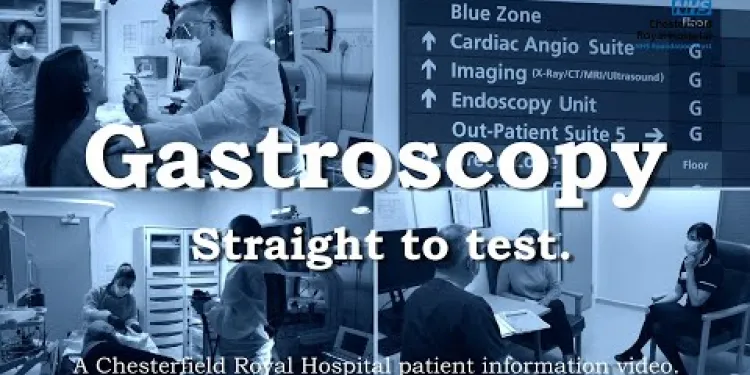
Gastroscopy - What to Expect on Referral to Chesterfield Royal Hospital
Relevance: 39%
-
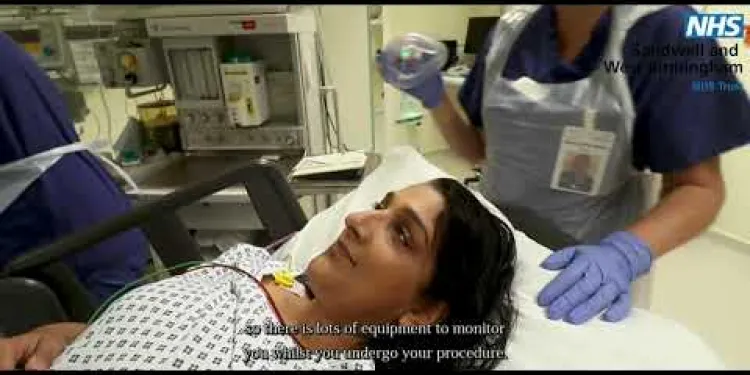
What to expect when visiting our hospitals for surgery | Theatres
Relevance: 38%
-
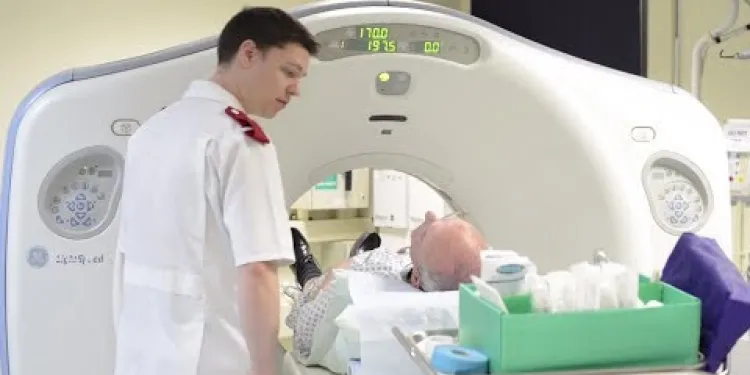
Having a CT scan in Hospital - What's it like having a CT scan at Bedford Hospital?
Relevance: 38%
-
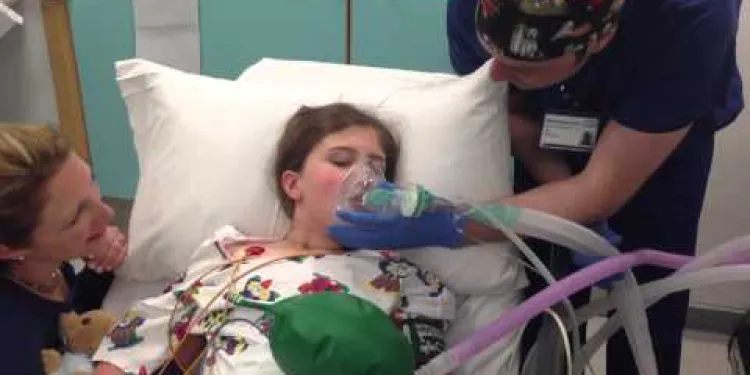
My General Anaesthetic: What's Going To Happen? Sarah's Story at Worcestershire Royal Hospital.
Relevance: 38%
-

How long will I stay in hospital after a C-section?
Relevance: 37%
-
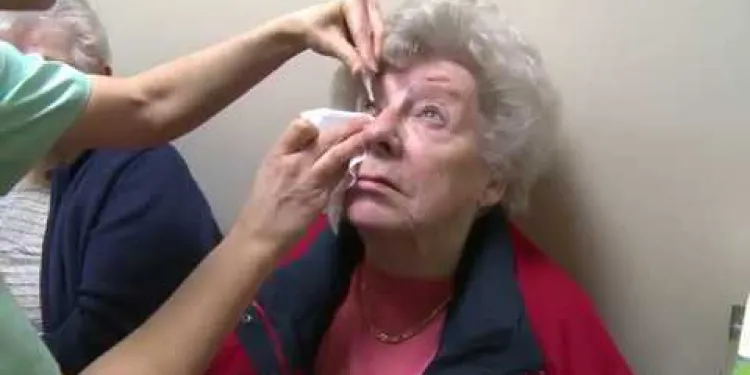
Eye Injections at Royal Bournemouth Hospital
Relevance: 37%
-

Does the NHS offer an online hospital for prostate cancer?
Relevance: 37%
-

Can I shorten my waiting time by choosing a different hospital?
Relevance: 36%
-
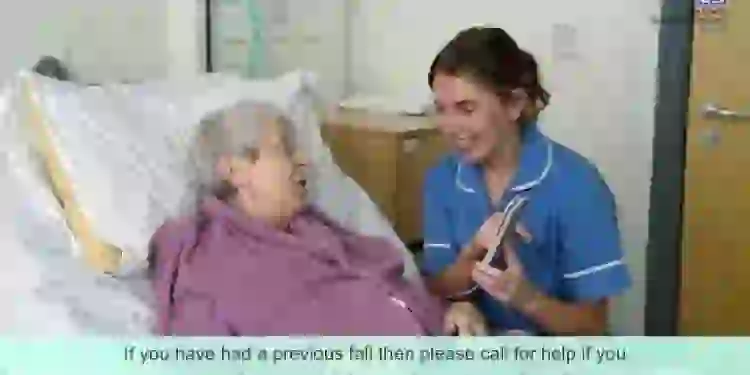
Falls Prevention video for patients attending hospital
Relevance: 36%
-

Delirium: A Patient Story at Leicester's Hospitals
Relevance: 36%
-

Eye Injections at Royal Bournemouth Hospital
Relevance: 35%
-

Does the NHS offer an online hospital for menopause?
Relevance: 35%
Having an Operation in Oxford Children's Hospital with YiPpEe
Introduction to Oxford Children's Hospital
Oxford Children’s Hospital is a world-renowned paediatric healthcare facility located in Headington, Oxford. It specialises in providing comprehensive medical care for children and adolescents. The hospital has modern facilities, advanced medical technology, and a dedicated team of healthcare professionals committed to ensuring the best possible outcomes for young patients.
Who is YiPpEe?
YiPpEe stands for "Young People and Paediatrics in Excellence and Education." It is a unique programme designed to support children and their families through the surgical process. YiPpEe provides educational resources, psychological support, and practical tips to help ease the anxiety and stress associated with undergoing surgery.
Preparing for Surgery
Before your child's operation, it is essential to attend pre-operative assessments and consultations. These appointments allow the medical team to evaluate your child's health, explain the surgical procedure, and answer any questions you may have. YiPpEe offers interactive materials and personalised assistance to help children understand and feel more comfortable about their upcoming surgery.
Day of the Operation
On the day of the operation, Oxford Children's Hospital provides a welcoming environment designed to make young patients feel safe and comfortable. The YiPpEe team ensures that children have access to distraction techniques, such as toys, games, and activities, to reduce pre-surgery anxiety. Parents are encouraged to stay with their child as much as possible to provide reassurance and support.
Post-Operative Care
After the operation, the focus shifts to recovery and rehabilitation. The hospital’s medical staff, including the YiPpEe team, work closely with families to monitor the child's progress and manage any pain or discomfort. Comprehensive post-operative care plans are developed to promote a swift and safe recovery, with resources available for both physical and emotional support.
Final Thoughts
Having an operation at Oxford Children’s Hospital with the support of YiPpEe is designed to be as stress-free and informative as possible for both children and their families. The hospital's commitment to excellence in paediatric healthcare, combined with YiPpEe's educational and emotional support, ensures that young patients receive the highest standard of care during their surgical experience.
Having an Operation in Oxford Children's Hospital with YiPpEe
About Oxford Children's Hospital
Oxford Children's Hospital is a special place for helping kids who are sick. It is in Oxford. The doctors and nurses take care of children and young people. They have new tools and a kind team who work hard to help kids get better.
What is YiPpEe?
YiPpEe helps children and families when they need an operation. It gives helpful information, support for feelings, and advice to make surgery less scary for kids.
Getting Ready for Surgery
Before the surgery, you will go to some meetings. These will help the doctors check your child's health. They will talk to you about what will happen. YiPpEe gives fun materials and personal help to make your child feel okay about the operation.
The Day of Surgery
On the day of the operation, the hospital makes sure kids feel safe. The YiPpEe team has toys, games, and fun activities to help kids feel less worried. Parents can stay with their child to make them feel better.
After the Operation
After the surgery, doctors and nurses help your child get better. The YiPpEe team works with families to check the child's progress. They help with any pain or worries. They have plans to support your child’s quick and safe recovery.
To Finish
Having surgery at Oxford Children's Hospital with YiPpEe is made easy and helpful. They make sure kids and families have the best care. The hospital and YiPpEe work together to make the surgery experience good for kids.
Frequently Asked Questions
What should I expect during my child's pre-operation assessment?
During the pre-operation assessment, you'll meet with the medical team to discuss your child's medical history, undergo necessary tests, and receive detailed instructions regarding the upcoming surgery.
Can I stay with my child overnight at Oxford Children's Hospital?
Yes, parents and guardians are usually allowed to stay overnight with their child to provide comfort and support during their hospital stay.
What should I bring to the hospital for my child's surgery?
Pack essential items such as your child's favourite toys, comfortable clothing, personal toiletries, and any necessary medications. Don’t forget their hospital paperwork and identification.
How long will my child need to fast before the operation?
Fasting guidelines vary, so you will receive specific instructions from the hospital. Typically, children may need to stop eating solid foods 6 hours before surgery and stop drinking clear liquids 2 hours before.
What can be done to lessen my child's anxiety before surgery?
Explain the process in simple terms, bring comfort items, distract them with activities, and inquire about pre-surgical tours or child life specialists at the hospital who can help.
Will I be able to accompany my child to the operating room?
Policies may vary, but usually, parents can accompany their child up to the anesthesia bay. You will be able to stay with your child until they are asleep.
What if my child's surgery is delayed?
While delays can happen, the hospital will keep you informed and provide updates. You may also receive guidance on how to keep your child fasting appropriately.
Who will be performing my child's surgery?
A specialized pediatric surgical team will perform the operation. You should meet the primary surgeon and anesthetist during the pre-operative assessment or on the day of surgery.
How long will my child need to stay in the hospital after surgery?
The duration of the stay varies depending on the type of surgery and your child's recovery. The medical team will provide an estimated length of stay.
What should I do if my child feels unwell before the surgery?
Contact the hospital as soon as possible to inform them of your child's condition. They will advise you on whether to proceed or reschedule the surgery.
How will my child be monitored during surgery?
Your child will be closely monitored throughout the procedure with advanced medical equipment to track vital signs and ensure their safety.
Can I bring food and snacks for my child post-surgery?
It’s best to consult with the hospital staff. Initially, your child may need to follow specific dietary instructions to ensure a smooth recovery.
What are the visiting hours at Oxford Children's Hospital?
Visiting hours typically vary depending on the ward and patient needs. Confirm the specific visiting hours with the hospital staff.
How can I help my child recover faster after surgery?
Follow the post-operative care guidelines provided by the medical team, ensure your child gets plenty of rest, maintain a healthy diet, and attend all follow-up appointments.
What should I do if I have questions or concerns after we return home?
Contact the hospital's post-operative care team or your child's GP for any questions or concerns related to the surgery or your child's recovery.
What will happen at my child's check-up before their operation?
This is what you can expect when your child has a check-up before their operation:
- The doctor will talk about the operation.
- They might ask questions about your child's health.
- They could do some tests, like taking a blood sample.
- Your child might have to fast before the tests.
- You can ask the doctor questions if you have any.
Here are some things that can help:
- Write down any questions you have before the visit.
- Bring a favorite toy for your child to feel comfortable.
- Use simple words to talk to your child about what will happen.
- Make a checklist to remember what to bring to the hospital.
Before the surgery, you will meet the doctors. You will talk about your child's health in the past. The doctors will do some tests. They will also tell you what to do before the surgery.
Can I sleep at Oxford Children's Hospital with my child?
Yes, you can sleep at the hospital with your child. There are beds or chairs that turn into beds by your child's bed.
If you find it hard to understand, you can ask a nurse for help.
Yes, parents and guardians can usually sleep overnight at the hospital with their child. This helps their child feel better and not scared.
What do I need to take to the hospital for my child's surgery?
Here is a simple list of what to bring for your child:
- A comfy blanket or favorite toy to help them feel safe.
- Extra clothes like pajamas and underwear.
- If they have special medicine, bring it with you.
- A book or tablet to keep them busy while waiting.
Helpful tips:
- Pack snacks and drinks for you and your child.
- Bring a phone charger.
- Ask hospital staff if you have questions or need help.
Pack important things for your child. Bring their favorite toys, comfortable clothes, toothbrush, and any medicine they need. Remember to take hospital papers and ID too.
How long does my child stop eating before the operation?
Fasting rules can be different. The hospital will tell you what to do. Usually, kids should stop eating solid food 6 hours before their surgery. They should stop drinking clear drinks 2 hours before surgery.
How can I help my child feel less worried before surgery?
Here are some things you can do to help your child:
- Talk to them about the surgery. Explain what will happen in simple words.
- Read a story or watch a cartoon about visiting the doctor.
- Bring their favorite toy or blanket to the hospital for comfort.
- Practice deep breathing together to help them relax.
- Use a toy doctor set to play pretend about what will happen.
These things can make your child feel more calm and brave.
Talk about what will happen in simple words. Bring things that make you feel good, like a favorite toy or blanket. Do fun things to keep busy. Ask if the hospital has tours before surgery or if there is someone who can help kids feel better, like a child life specialist.
Can I go with my child to the surgery room?
Here's how you can help:
- Ask the doctors or nurses if you can go with your child.
- Use pictures or videos to explain what will happen.
- Bring a favorite toy or blanket for your child.
- Stay calm to help your child feel safe.
Rules can be different, but most of the time, parents can go with their child to the place where they get medicine to sleep. You can stay with your child until they fall asleep.
What happens if my child's surgery is delayed?
Sometimes, things can take longer at the hospital. Don't worry, they will let you know what's happening. They will also tell you how to help your child not eat or drink before the test or treatment. You can use a timer or an app to remind you about timings.
Who will do my child's surgery?
The surgeon is the doctor who will do the operation. They are trained to do this safely.
If you want help to learn more, you can:
- Ask the doctor questions.
- Use pictures to understand better.
- Bring a friend or family member to help you.
A special team of children's doctors will do the operation. You should meet the main surgeon (the doctor who does the operation) and the doctor who helps with sleep (called an anesthetist) before the operation or on the day it happens.
How long does my child stay in the hospital after the surgery?
Your child will need to stay in the hospital for some time after the surgery. The doctors and nurses will take care of them. They will make sure your child is okay.
Ask your doctor how many days your child needs to stay. Every child is different, and the doctor knows best.
You can also bring your child's favorite toy or book to help them feel better.
The time your child stays in the hospital depends on the surgery and how well they get better. The doctors and nurses will tell you how long they think your child might need to stay.
What to Do If Your Child Feels Sick Before the Operation?
If your child feels sick before the operation, tell the doctor. It is important to let the doctor know about your child's health. This will help them decide what to do next.
Here are some tips:
- Write down how your child is feeling and tell the doctor.
- Try to calm your child by talking to them and comforting them.
- Use picture books or toys to help explain what will happen.
Always ask the doctor if you have questions. They are there to help you and your child.
Call the hospital right away to tell them how your child is feeling. They will let you know if you should still come for the surgery or if you need to set a new date.
How will doctors check my child during surgery?
During the procedure, doctors will watch your child carefully. They use special machines to check your child's heart and breathing to keep them safe.
Can I bring food and snacks for my child after surgery?
It is a good idea to talk to the people who work at the hospital. At first, your child might have to eat certain foods to help them get better.
When can you visit Oxford Children's Hospital?
The times you can visit patients in the hospital can be different. It depends on the ward and what the patients need. It is best to ask the hospital staff to find out the right visiting times.
How can I help my child get better after surgery?
Here are some ways to help:
- Make sure your child gets lots of rest.
- Give your child healthy food and drinks.
- Help your child take medicine if they need it.
- Keep your child's wound clean and covered.
- Ask the doctor any questions you have.
Use pictures or stories to help your child understand what is happening. You can also use a calendar to track each day as your child gets better.
After surgery, listen to what the doctors say. Make sure your child rests a lot. Give them healthy food. Go to all the check-up meetings with the doctor.
What can I do if I have questions or worries after we get home?
If you have questions or things you are worried about after you come home, here are some things you can do:
- Ask someone you trust for help. This could be a family member, a friend, or a carer.
- Call the doctor or nurse if it is a health question.
- Write your questions or worries down. This can help you remember them and talk about them later.
- You can use a phone or tablet to look for answers online, but make sure you visit safe websites.
It is okay to ask for help if you have questions or worries.
If you have any questions or worries about your child's surgery or recovery, you can talk to the hospital team who help after surgery. You can also ask your child's doctor for help.
Useful Links
This website offers general information and is not a substitute for professional advice.
Always seek guidance from qualified professionals.
If you have any medical concerns or need urgent help, contact a healthcare professional or emergency services immediately.
Some of this content was generated with AI assistance. We’ve done our best to keep it accurate, helpful, and human-friendly.
- Ergsy carfully checks the information in the videos we provide here.
- Videos shown by Youtube after a video has completed, have NOT been reviewed by ERGSY.
- To view, click the arrow in centre of video.
- Most of the videos you find here will have subtitles and/or closed captions available.
- You may need to turn these on, and choose your preferred language.
- Go to the video you'd like to watch.
- If closed captions (CC) are available, settings will be visible on the bottom right of the video player.
- To turn on Captions, click settings .
- To turn off Captions, click settings again.
More Items From Ergsy search
-

Having an operation in Oxford Children's Hospital with YiPpEe
Relevance: 100%
-

Having an operation at the Children’s Centre
Relevance: 80%
-

Your Operation at East Surrey Hospital
Relevance: 77%
-

Do private hospitals have shorter waiting times for operations?
Relevance: 71%
-

Are waiting times for operations the same across all hospitals?
Relevance: 70%
-

How can I find current waiting times for operations in my local hospital?
Relevance: 68%
-

What to expect on the day of your operation
Relevance: 55%
-

Having an operation or procedure at the Royal Free London
Relevance: 55%
-

Bariatric Surgery - What to expect when you come to hospital for your operation.
Relevance: 53%
-

Does my doctor have access to operation waiting times?
Relevance: 53%
-

Are there specific resources for urgent operation waiting times?
Relevance: 51%
-

How can I find information on waiting times for an operation in my area?
Relevance: 48%
-

How often are operation waiting times updated?
Relevance: 48%
-

Having an anaesthetic for your operation - for over 8s
Relevance: 46%
-

Having an operation
Relevance: 46%
-

Can I get information on average waiting times for operations?
Relevance: 45%
-

Are there apps available to check operation waiting times?
Relevance: 44%
-

Can I appeal a long waiting time for my operation?
Relevance: 43%
-

Your Cataract Operation
Relevance: 43%
-

Can I find operation waiting times in healthcare performance reports?
Relevance: 43%
-

What to expect when visiting our hospitals for surgery | Theatres
Relevance: 42%
-

Coming to the Endoscopy Unit at Harrogate District Hospital
Relevance: 42%
-

How do I find a suitable hospital or clinic for my treatment?
Relevance: 41%
-

Will language barriers be an issue in EU hospitals?
Relevance: 41%
-

Pre operative Information for Planned Caesarean Birth
Relevance: 41%
-

Undergoing day case surgery at University Hospitals Bristol
Relevance: 40%
-

What to expect when visiting our hospitals for surgery | Theatres
Relevance: 39%
-

Can virtual wards reduce hospital overcrowding?
Relevance: 39%
-

Gastroscopy - What to Expect on Referral to Chesterfield Royal Hospital
Relevance: 39%
-

What to expect when visiting our hospitals for surgery | Theatres
Relevance: 38%
-

Having a CT scan in Hospital - What's it like having a CT scan at Bedford Hospital?
Relevance: 38%
-

My General Anaesthetic: What's Going To Happen? Sarah's Story at Worcestershire Royal Hospital.
Relevance: 38%
-

How long will I stay in hospital after a C-section?
Relevance: 37%
-

Eye Injections at Royal Bournemouth Hospital
Relevance: 37%
-

Does the NHS offer an online hospital for prostate cancer?
Relevance: 37%
-

Can I shorten my waiting time by choosing a different hospital?
Relevance: 36%
-

Falls Prevention video for patients attending hospital
Relevance: 36%
-

Delirium: A Patient Story at Leicester's Hospitals
Relevance: 36%
-

Eye Injections at Royal Bournemouth Hospital
Relevance: 35%
-

Does the NHS offer an online hospital for menopause?
Relevance: 35%


